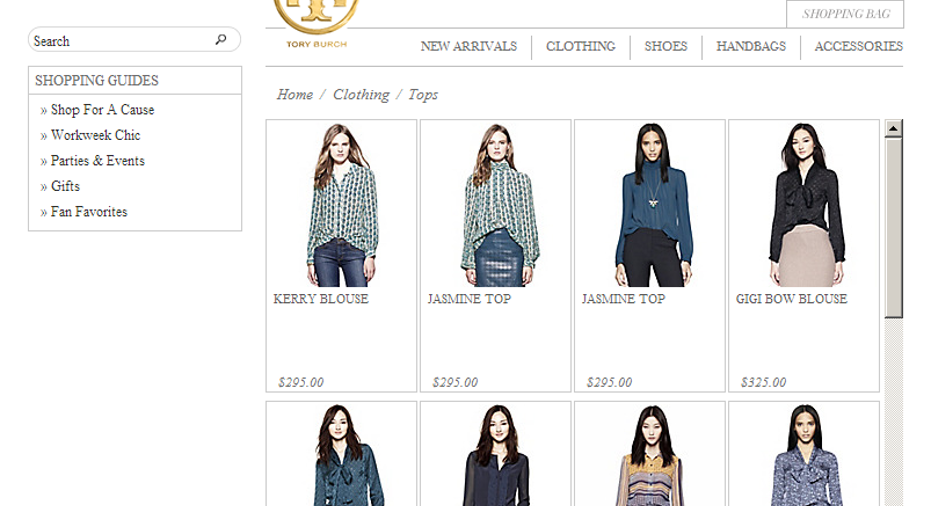Study: Facebook Commerce = Head Fake

Facebook can be an effective way to maintain communication with customers, but can the social network actually drive sales?
Last week, Lolly Wolly Doodle founder Brandi Temple joined Varney & Co. to tell FBN’s Charles Payne just how influential Facebook has been in growing her children’s retail business.
“We happened to be on Facebook, because we were making that connection with our customers,” says Temple.
“I had some things I really wanted to move … I put it up and said, ‘I’ll send you a PayPal invoice if anyone’s interested,’ and within 30 seconds, everything had sold,” says Temple, who called it an “a-ha moment” for the small company.
She says Facebook commerce was so successful that the company ditched eBay just a few weeks later.
But a recent study from L2, a digital think tank based in New York City, suggests that Lolly Wolly Doodle’s experience is very much out of the ordinary.
“Facebook commerce to date has been a giant head fake,” says L2 CEO Scott Galloway.
He says that in the early 2000s, it was assumed that Facebook would become a major point of distribution for retailers, given the huge number of customers aggregated in a single online location. The real story, he says, has played out quite differently.
“In 2010, there were 11 specialty retailers with Facebook commerce offerings. By the end of 2011, there were two,” says Galloway, with the high-end Tory Burch company as one of the few notable standouts.
In discussing these Facebook “stores,” Galloway is referring to the complete digital storefronts contained within the Facebook page (see above image for an example). Lolly Wolly Doodle’s more informal retail experience, in comparison, circumvents the full F-commerce experience, as Temple is simply taking orders via Facebook comment.
Galloway says the decline in specialty retail stores on Facebook shows that most users don’t come to the social network when they plan to shop.
“They don’t approach Facebook with a commerce mindset,” says Galloway. “People are there to socialize and look at pictures of friends.”
In comparison, he says Pinterest attracts users who are more prepared to spend.
“Maybe they’re [looking] at couches, or at different types of marble – they’re in more of a consumer mode,” says Galloway.
Facebook Still Valuable to Companies
With that in mind, Galloway says brands shouldn’t be too quick when it comes to ditching their Facebooking efforts altogether.
“In terms of general brand-building, social media can be very powerful,” he says.
L2 found that Facebooking – in particular getting customers and fans to interact with a company’s Facebook page and content – can be extremely important when it comes to having your company highly ranked on search engines.
“Your visibility on Google is directly related to how strong your social media presence is,” says Galloway.
In fact, after Google+, Facebook shares were found to be the second-most important factor with regard to ranking on Google. Also important were Facebook comments and Facebook ‘likes.’
So while Facebook commerce may not be a grand-slam, it still may be worth it for businesses to invest time and money building a community of followers on Facebook.
“You have to do your own return on investment,” says Galloway, with regard to the social network.



















